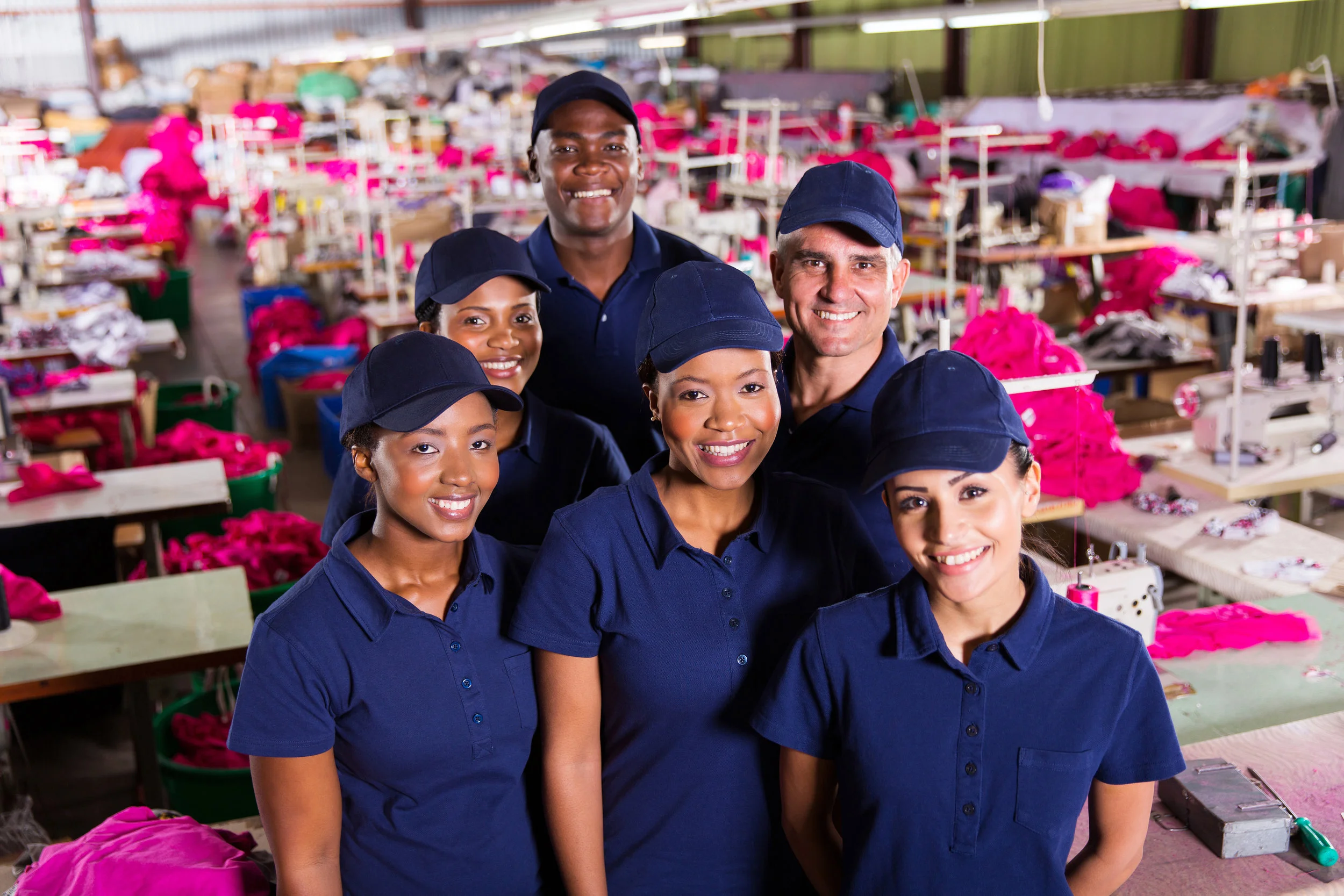It is vital with enforcement mechanisms to ensure that countries work towards a global living wage. One option is to establish tribunals on two levels – international and national. An international tribunal would allow parties representing workers to bring claims against states if they fail to enforce a living minimum wage. National tribunals on the other hand, would have the power to hear disputes between interested parties and corporations. It is suggested that the International Labour Organisation (ILO) would have an orchestrating role for both of the tribunals.
Read MoreCompetition to keep prices low and corporate profits high often results in exploitative labour practices, with the greatest burden on informal and precarious workers. These workers are generally a part of global supply chains, yet, what they earn is not enough to cover basic living costs. Despite efforts worldwide to reduce the number of working people in poverty, progress has stalled. A key reason is that current labour laws are powerless to help these workers as they were designed with a different workforce in mind. Labour laws are national in scope, while work today occurs in global supply chains in which both workers and capital cross borders. Labour laws regulate employment, whereas those pushing down wages often subcontract production. To close this gap between labour laws and today’s mode of production, we need a global living wage backed by an international labour law.
Read MoreBetter Factories Cambodia, the International Labour Organisation and International Finance Corporation's labour inspection body, is coming under increasing pressure from the Cambodian government as part of the pre-election crackdown. My new article explains why.
Read MoreGovernment announces some of the details of the Australian Modern Slavery Act.
Read MoreThe case marks an extension of the application of the law of trafficking. "Usually, the conviction for "trafficking in human beings " is linked to procuring or domestic slavery. To my knowledge, this is the first time that the court recognizes in a context of collective work in a company that employees have been subjected to human trafficking" , said Maxime Cessieux, the lawyer of the CGT and employees.
Read MoreAustralia’s only government body charged with hearing complaints of human rights abuses by Australian businesses abroad needs greater support, Kristen Zornada and Shelley Marshall write.
Read More






